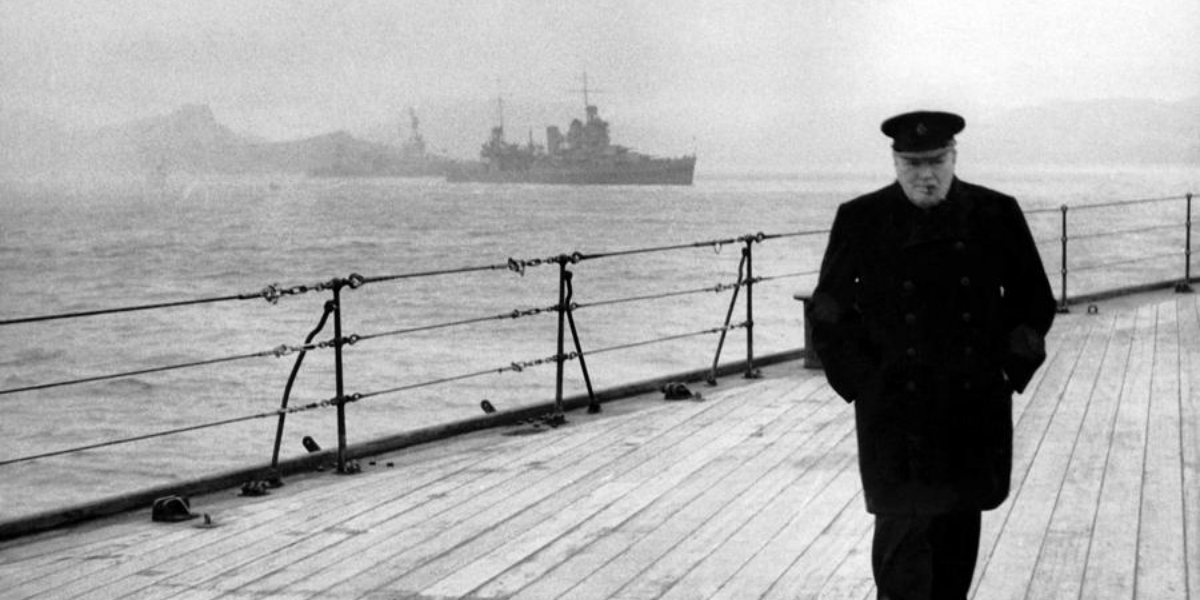Churchill: A Man of Our Time
Share
By Hillsdale College Online Courses February 12, 2016
In his essay “Mass Effects in Modern Life,” Winston Churchill outlined what he considered the most important problem of the modern era: the vast accumulation of human power. According to Larry P. Arnn, the question of successfully restraining this power defined Churchill’s life. His keen understanding of this issue ought to make his life and writings of particular interest today.
The following video is a clip from Lecture 1 of Hillsdale’s Online Course, “Winston Churchill and Statesmanship,” featuring Hillsdale College president and professor of politics, Larry P. Arnn.
Transcript:
Churchill called [the time in which we live] the time of mass effects. It's on the board there. What did he mean by that? He wrote an essay in 1931, I think, called, "Mass Effects in Modern Life." I can repeat long passages from the essay, but I can never remember when it was written. That's my failing. It's a very remarkable document. He says that something has changed in the relationship between human beings and their surroundings. Therefore, something has changed in the relationship among human beings. What is that thing? You can summarize it with the word "power."
Churchill came to see—when he was 25 years old is the earliest instance of it I know—that we had become extremely powerful. We could do things that we'd never been able to do before. Then in what I think is a breathtaking feat of imagination, especially for a young man, he also saw that, that's an interesting point, isn't it? Because this question of right and wrong, that's a trial for us, [and] that we use prudence to deliberate about [to] choose what to do: sometimes we [choose wrongly].
He was deeply concerned about [this]. You can understand his life this way: he loved science; he was a pilot; he helped to invent the tank; he was one of the leaders in the development of aviation, including military aviation; he was involved in the invention of the nuclear bomb. He loved all that. He thought Britain and the free countries couldn't live without it. Couldn't feed themselves without it. On the other hand he saw its implications. You can understand his life as a man who, from an early age, saw this problem of the transformation of human affairs by the massive acquisition of power of human beings. Then the question is: how are we going to control that power so that it is used for good? That's the question he asked all his life.
His thought about that was, you need a way, both in war and in peace, to keep this power from getting out of hand. In war, to keep it from destroying, to use an expression he used once about the hydrogen bomb, from “destroying everything we've ever known of.” In peace, you need to find a way to use it so that people are not controlled and engineered and ordered about in every way. Churchill's life can be understood as a quest to achieve those things.


